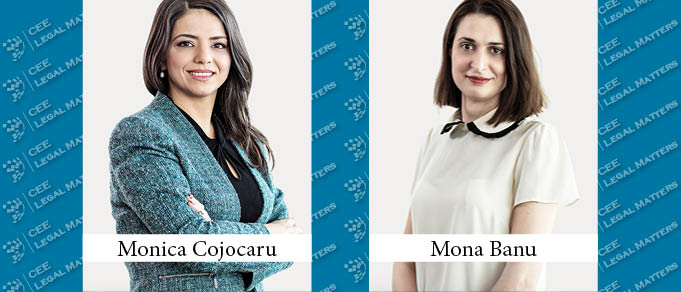On 31 March 2022, the Romanian Ministry of Energy launched a call for projects under a new state aid scheme for supporting the development of new wind and solar power plants, with or without integrated power storage capacities (the "Support Scheme").
This is the first support scheme launched for financing renewables projects under Romania's recovery and resilience fund. It has a EUR 457m budget, of which EUR 382m is for wind and solar projects with over 1 MW installed capacities and EUR 75m for wind and solar projects with installed capacities ranging between 0.2 MW and 1 MW.
Investors may submit applications between 31 March 2022 and 31 May 2022 on the online platform accessible on the Ministry's website.
Who can apply?
The Support Scheme is open for microenterprises, SMEs and large companies alike (newly incorporated companies included) active in electricity generation, subject to fulfilling conditions typical for accessing state aid schemes, i.e. good standing, absence of debts to the public budget, etc. as well as technical and financial capacity to sustain the project development and implementation. The Guide published on the Ministry's website describes the modalities and documents available to prove fulfilment of all eligibility criteria.
Which projects may be financed?
Proposed projects must also fulfil certain eligibility criteria, the most important being:
- only new wind and solar power plants (with or without integrated energy storage capacities) eligible;
Hence, re-powering projects or extensions of existing wind or solar power plants are not eligible under this scheme.
Eligible projects must use one single technology (i.e. no mixing of wind and solar). However, integrated storage capacities are eligible for up to 20 % of the state aid value.
- implementation starts no earlier than the date the tender documents are submitted and ends no later than 30 June 2024;
- projected installed capacity over 0.2 MW;
- total state aid value cannot exceed EUR 15m per enterprise/project;
- the state aid value per MW cannot exceed: (1) EUR 650,000 / MW for wind projects and EUR 425,000 / MW for solar projects – in case of installed capacities in excess of 1 MW; and (2) EUR 1.3m / MW for wind projects and EUR 750,000 / MW for solar projects – in case of capacities between 0.2 MW and 1 MW (inclusive);
- a technical connection permit is issued prior to executing the financing agreement;
- ownership/use right on the project land necessary for the development, construction and operation of the project is secured.
The state aid funds are granted per project, therefore applicants must demonstrate the unitary nature of their project which, once funded, cannot be split-off or otherwise reconfigured.
Applicants may register one or more projects in the competitive tender proceedings for receiving funding under the Support Scheme, provided such projects do not qualify as a "sole investment project".
Which expenses qualify for funding?
Project-related expenses will be eligible if they comply with the regulatory framework and the Support Scheme's requirements and are included in the offer submitted by applicants.
- Expenses for small projects (ranging between 0.2 MW and 1 MW) are 100 % eligible as a rule, subject only to the limitations and maximum caps provided by the guide.
- Eligible expenses for projects over 1 MW are established as a difference between investment costs of conventional plants and investment costs of renewable plants.
Investors should be aware that eligible expenses may not cover the entire project costs and that certain expenses are not eligible, being borne entirely by the applicants. Non-eligible expenses include amortisation costs, expenses for acquiring project-related land/immovables, rental and leasing expenses, expenses for acquiring means of transport, VAT, interest-related expenses, operational costs, interconnection costs, expenses related to permitting, advertising, audit and project management costs.
Conclusions
The Support Scheme funds are awarded through competitive tender proceedings. Therefore, submitting an offer does not guarantee automatic selection for financing. Nevertheless, investors have the opportunity to re-submit an offer within further tender calls, if the project is not implemented before re-submission.
One of the greatest challenges of the renewable market in Romania is in the limited connection capacity available in the national energy transmission network. However, in the context of recent geopolitical evolutions, the development of EU energy transmission networks became a priority and EU leaders committed to step up the funding for this sector. An increased available connection capacity in the medium term, accompanied by state aid measures such as the Support Scheme, sets the stage for a new wave of investments in the Romanian renewables sector.
By Monica Cojocaru, Local Partner, and Mona Banu, Senior Associate, Schoenherr


